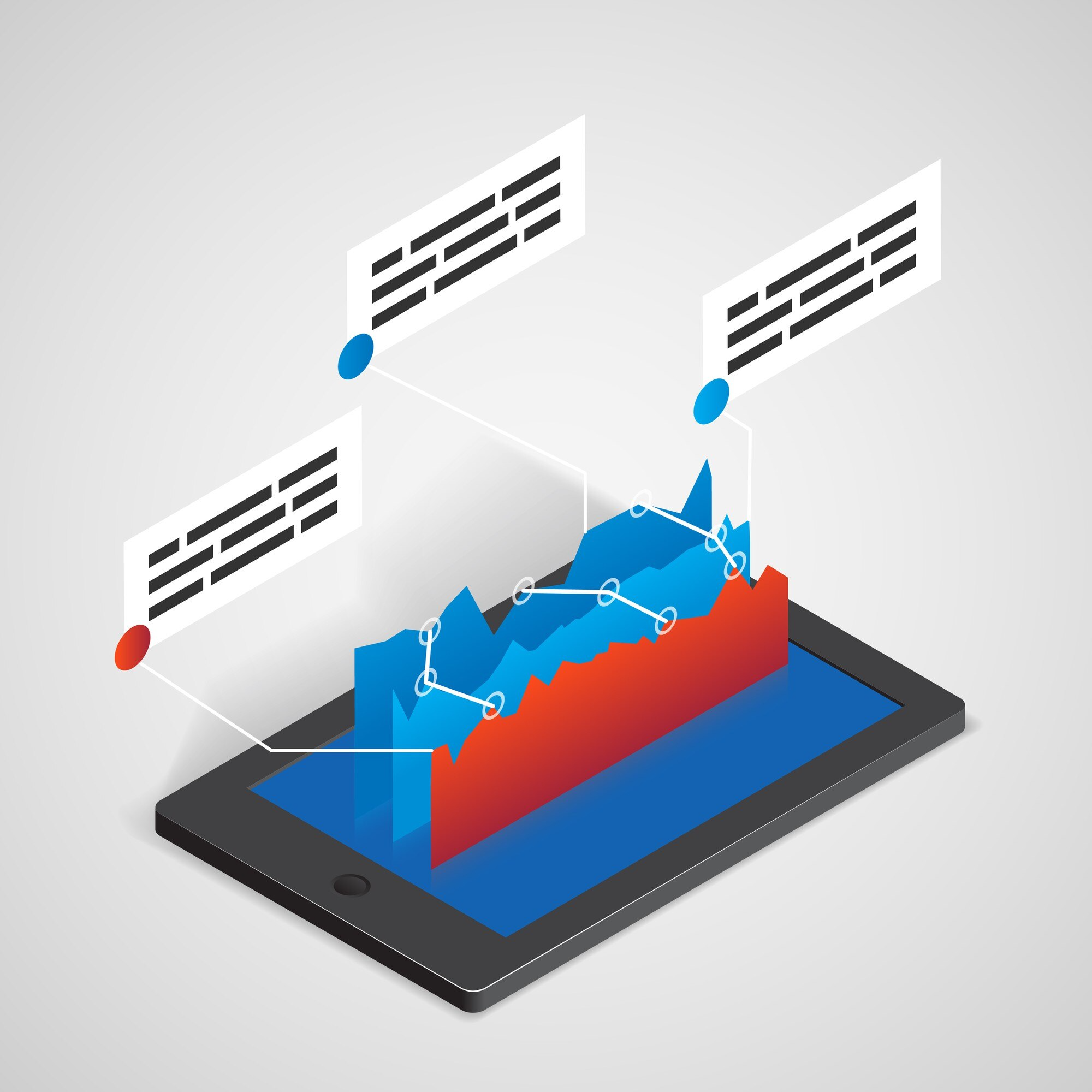Any business needs to do many types of research, the competitor’s analysis research is one of these important. You have to understand your competitors and their strategies across the different platforms. To be able to compete with them and get a better position between them. The AI competitor analysis helps the business collect a lot of data and information quickly. Keeping the data accurate, as it scans different sources at the same time.

The Role of AI Competitor Analysis
Competitor analysis that is powered by AI technology provides the business with advanced features.
- Automating Data Collection and Processing
AI technology provides the ability to collect data from many sources at the same time. To be able to have all the data in a short time and analyze it, to reach valuable insights. Helping to start applying new strategies, and measuring their effectiveness.
- Providing Real-Time Insights
AI helps businesses to have their insights in real-time, through live tracking for the insights and performance. Helping the brands to take faster action based on real-time data and information.
- Predictive Analytics
The AI model can analyze the historical data and insights for your brand and your competitors. To be able to predict the comping steps for your competitors, and how the target audience will react to them.
- Advanced Sentiment Analysis
The AI sentiment analysis tools can analyze the competitor’s reviews and feedback about their services. Through tracking the social media performances and the customer’s opinions on it. To identify the areas of difference in your strategies and them.
Applying AI Competitor Analysis
To be able to reach the right needed results from the competitor analysis process there are some steps to follow.
-
Define Your Objectives
Know why you are doing a competitive analysis process. Define your purpose of the process, to be able to follow the right steps to reach your goals. Make the goals clear to be able to measure how close you are to them.
-
Identify Your Competitors
Identify your competitors and their types, direct, indirect, and potential competitors. To know the brands that you need to track and the importance of each one to be followed. Be able to identify the differences between each one, to choose the right method to track them.
-
Gather Data on Competitors
Use all the available sources to collect the data about your competitors. Gather the data from the digital sources and social media platforms. Also be aware of the customer’s reviews and feedback, to have an overview of all the information.
-
Compare Strategies
Compare your strategies with your competitors, in the different metrics. To be able to know the difference in the strategies and their results on the brand. And how each competitor follows specific techniques, to measure their success.
Competitor Analysis Best Tools
| Tools | Features |
| AIM Insights | Provide advanced competitive monitoring features for the brands to track the strategies and the results of it. |
| Similarweb | It offers insights into the competitor’s strategy in the market and their website performance. To find new opportunities to take in the market. |
| Sprout Social | Enable monitoring of the competitor’s social media performance. Provide data about engagement, audience growth, and content performance. |
| Ahrefs | Analyze the competitor’s performance through their websites. With identifying the keywords that they rank on. And finding gaps in their performance. |
| Semrush | Help in tracking and analyzing the website traffic of your competitors. Including their ads and their performance. With the ability to monitor the social media. |
| BuzzSumo | Identify the top-performing content of your competitors and in the industry. With providing insights into social media engagement and trends. |
What Are Challenges In Implementing AI Competitor Analysis?
Many challenges face the process of competitor analysis.
- Data Quality and Availability
The AI model requires a large amount of the data with good quality, to be able to analyze it and provide the right insights. This is challenging because the type of data on social media by the audience could include a lot of noise.
- Privacy and Ethical Concerns
Monitoring the competitors and collecting their data and insights could contain some ethical concerns. As each brand has its privacy policies that protect the information from being taken.
- High Implementation Costs
Using AI competitor analysis tools requires a high budget. The technology that the tools are using is expensive to develop and use.
- Real-Time Data Processing Challenges
With the large amount of data that the tool analyzes, it becomes challenging to collect insights in real-time. This becomes a challenge for the tool and the businesses that are working on improving the performance faster.
Conclusion
The Competitor Analysis is becoming more important over time, as it provides important insights for the brand. It helps to understand the market better, and how the other brand takes action in it. To be able to build better strategies based on their weaknesses. You can start now with AIM Technologies by asking for a demo.
FAQs
What are the benefits of real-time insights in competitor analysis powered by AI?
It provides insights about any changes that the competitors make, helping to take faster actions based on it. To be able to react to any updates at the right time and make the right decision.
Which data sources are most effective for gathering information about competitors?
The sources that the competitors are active on and have the target audience. In addition to, the sources that your business is active on and engaging with the customers.
What are the key metrics to consider when comparing your strategies with competitors?
The market that you are targeting and how it’s different from the competitors. And the techniques that the competitors follow based on their audience characteristics.
What are the common challenges businesses face when implementing AI for competitor analysis?
Choosing the right strategy and techniques to track your competitors, and collecting the data from the right sources at the right time. And be able to use these insights to improve business performance.
How do privacy and ethical concerns impact the use of AI in monitoring competitors?
It restricts the data that the business can collect about the competitors, and how to collect them.



